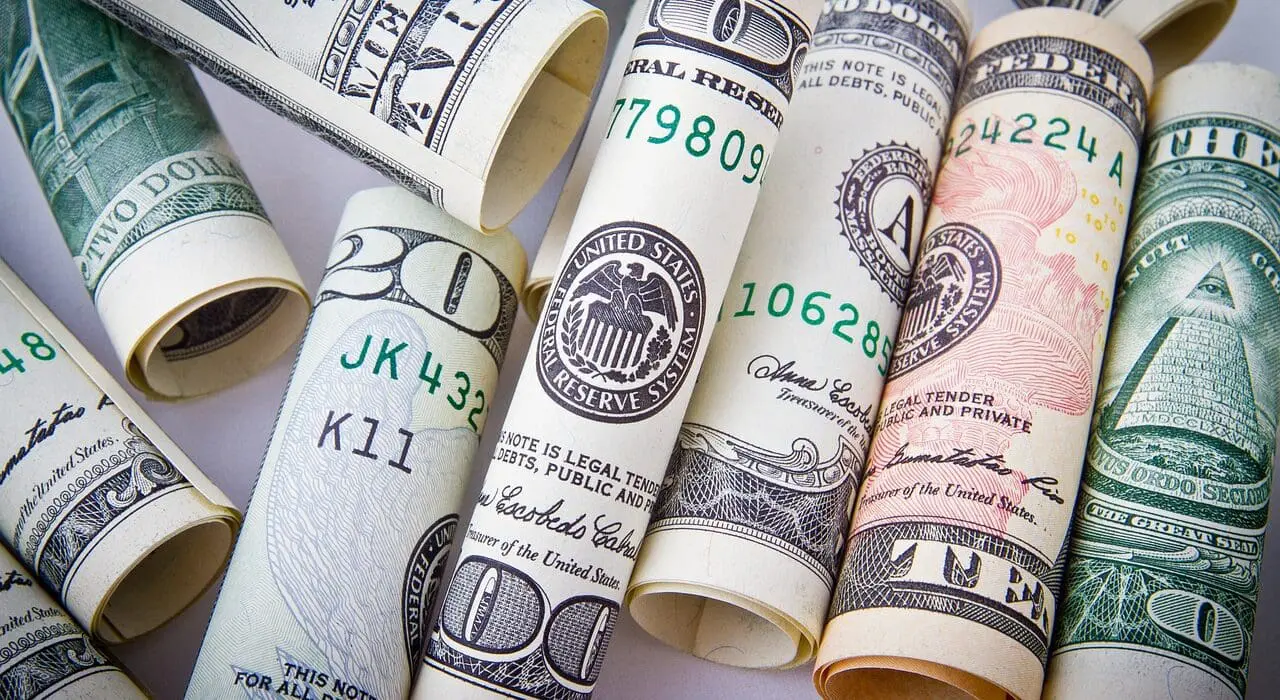A combination of political and economic factors is slowly eroding the Dollar supremacy as the world’s reserve currency. According to the International Monetary Fund, nearly 60% of international reserves are held in Dollar-denominated assets.
Due to Western sanctions against Russia over its invasion of Ukraine, other countries are wary of crossing Washington.
For trade and payments, some countries, such as Brazil, Argentina, Bangladesh, and India, are lining up backup currencies and assets.
A macro-geopolitical environment is forcing countries to seek alternative currencies, but the dollar’s dominant position in global trade and finance has long been unsettling.
Since the 1970s, de-dollarization talk has come back in waves every few years
In addition to these three reasons, countries around the world are planning to move away from a dollar-dominated global economy.
There is too much sway held by US monetary policy over the rest of the world.
In addition to issuing the world’s reserve currency, the US Dollar is also the dominant currency in international trade and payments.
The Wilson Center think tank reported in May that it has an outsized influence on the world economy and is often overvalued.
According to Valéry Giscard d’Estaing, president of France from 1974 to 1981, this position has provided the US with an “exorbitant privilege.” As a result of this privilege, if the US cannot pay its debt when the dollar value drops sharply, it may not run into a crisis because Washington can simply print more money.
In order to avoid a spillover effect on their economies, countries around the world need to closely follow US economic and monetary policies.
India, among others, has expressed frustration with US monetary policies holding them hostage – going as far as to accuse the US of issuing irresponsible reserve currencies.
Indian Prime Minister Narendra Modi’s vision for the Indian rupee is being promoted by a working group at the Reserve Bank of India.
Emerging nations are paying too much for the strong USD
With the greenback strengthening against most currencies around the world, emerging nations are paying more for imports.
Politics and a decline in exports pressured the Argentinian peso, resulting in a fall in US-dollar reserves.
Argentina has begun paying currency for Chinese imports with yuan instead of Dollars, the nation’s economy minister said on Wednesday.
In a June 29 report, Allianz economists wrote that a stronger USD Dollar would weaken its role as a reserve currency. If access to USD becomes more expensive, borrowers will seek alternatives.
Luiz Inácio Lula da Silva is one of the most vocal advocates for alternative trade-settlement currencies, even urging Brazil, Russia, India, China, and South Africa to abandon the US dollar.
Global trade and oil demand are diversifying, putting the petrodollar at risk
By the time the Gulf countries began trading oil, the US dollar was already a widely used trade currency, so it became the world’s reserve currency.
As a result of the historic 1945 agreement between Saudi Arabia and the US, Saudi Arabia will only sell its oil in dollars to America. As a result of the arrangement, Saudi Arabia would reinvest excess dollars in US treasuries and companies, ensuring US security.
With the rise of shale oil, the US became energy independent and a net oil exporter.
Since oil exporters, which play such a crucial role in USD status, would need to reorient themselves to other countries and their currencies as a result of the shale-oil revolution, the structural change in the oil market can paradoxically hurt the USD as the global reserve currency.
Oil isn’t the only problem
Recent years have also seen testy relations between the US and Saudi Arabia, which are described as “frenemies” because of several issues, including Trump’s complaint that Saudi Arabia did not pay the US a fair price for its defense, and Biden’s snub of Crown Prince Mohammed bin Salman over the killing of Jamal Khashoggi, a Washington Post journalist.
In November last year, Sarah Miller, an editor at Energy Intelligence, a firm that provides energy information, wrote that Saudi Arabia could abandon its US-denominated oil pricing one day due to such tensions.
Also Read:
